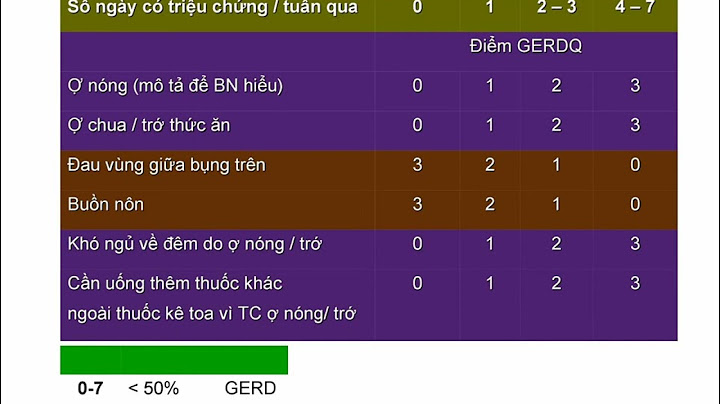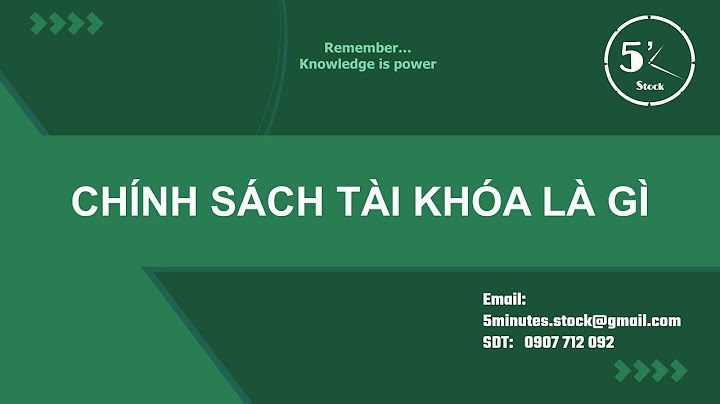Các cụm từ này đều là những cụm từ cực kỳ phổ biến trong cuộc trò chuyện hàng ngày ở The United States of American (USA) hoặc United Kingdom (UK). Mọi người sẽ nghe thấy chúng trong các bộ phim và chương trình TV và có thể sử dụng chúng để làm cho tiếng Anh của mình giống với tiếng của người bản ngữ hơn. Show
Như đã nói trong bài đầu, các câu nói thành ngữ sẽ được đặt vào hoàn cảnh một câu chuyện cụ thể. Nếu bạn nào chưa hiểu rõ vui lòng đọc lại tại đây: Lời giới thiệu thành ngữ tiếng Anh giao tiếp hàng ngày. – Bài tiếp theo: Bài 4-Thành ngữ tiếng Anh giao tiếp hàng ngày 2019 – Bài học trước: Bài 2-Thành ngữ tiếng Anh giao tiếp hàng ngày 2019 Các câu chính:
Lesson 3: Ted’s day at schoolTed tells his parents he did poorly on his chemistry test. He tell him he needs to get serious and sudy more. Susan: How was your day at school today, Ted? Ted: Bad. I had a chemistry test, and I blew it! Susan: Maybe if you didn’t cut class so often, you’d do better. Bob: That’s right, son. Stop slacking off and start hitting the books! Ted: But I can’t stand chemistry class. Besides, it’s a lost cause. That class is way over my head. Susan: You need to buckle down. Ted: When I’m a famous musician, people won’t give a hoot about my knowledge of atoms and molecules. Bob: That’s beside the point. Susan: We know you have your heart set on going to New York University. Bob: And you don’t stand a chance of getting in there with such poor grades! Dưới đây là file nghe audiohttps://youcan.edu.vn/wp-content/uploads/2019/09/3-Track03.mp3  1. Câu thành ngữ số 1: beside the point– Nghĩa tiếng Anh: not relevant; not important – Nghĩa tiếng Việt: Không liên quan, không quan trọng. Ví dụ 1: Whether or not I asked the waiter to bring us water is beside the point. Waiters should always bring water to the table. Ví dụ 2: The reason you’re late is beside the point. The fact is, your dinner is now cold. 2. Câu thành ngữ số 2: (to) blow something– Nghĩa tiếng Anh: to spoil or botch something – Nghĩa tiếng Việt: Làm hỏng cái gì đó Ví dụ 1: Brenda blew the interview and didn’t get the job offer. Vi dụ 2: Randy managed to get a date with the most popular girl in his class. Now I hope he doesn’t blow it! 3. Câu thành ngữ số 3: (to) buckle down– Nghĩa tiếng Anh: to start working seriously. – Nghĩa tiếng Việt: Làm việc nghiêm túc. Ví dụ 1: If Don buckles down now, he might be able to graduate from high school this year. Ví dụ 2: Team, if we want to win this tournament, we’re going to need to buckle down! 4. Câu thành ngữ số 4: can’t stand– Nghĩa tiếng Anh: to hate – Nghĩa tiếng Việt: cực kỳ không thích, không chịu nổi cái gì. Ví dụ 1: Bob can’t stand bureaucrats, so he’d never do well working at a large corporation. Ví dụ 2: Nicole can’t stand broccoli. She simply refuses to eat it. 5. Câu thành ngữ số 5: (to) cut class– Nghĩa tiếng Anh: to miss class without an excuse – Nghĩa tiếng Việt: nghỉ học không lý do Ví dụ 1: Ted often cuts class to spend more time with his girlfriend. Ví dụ 2: If you keep cutting French class, you’re going to fail it. 6. Câu thành ngữ số 6: Get real!– Nghĩa tiếng Anh: be serious or realistic about what’s going on – Nghĩa tiếng Việt: thực tế, nghiêm túc vào những việc đang xảy ra. Ví dụ 1: You think you won’t get a speeding ticket when you drive 85 miles per hour? Get real! Ví dụ 2: You think you’re going to win $1 million in the lottery? Get real! 7. Câu thành ngữ số 7: (to) have one’s heart set on– Nghĩa tiếng Anh: to really want something – Nghĩa tiếng Việt: Thực sự ham muốn một điều gì đó, mơ ước về điều gì đó. Ví dụ 1: Nicole has her heart set on going to New York this weekend. Ví dụ 2: Did you really have your heart set on going to Harvard? 8. Câu thành ngữ số 8: (to) hit the books– Nghĩa tiếng Anh: to start studying – Nghĩa tiếng Việt: để nghiên cứu, để học Ví dụ 1: Ted partied all weekend. Finally, on Sunday night, he decided it was time to hit the books. Ví dụ 2: Hit the books! I know you have a test tomorrow. 9. Câu thành ngữ số 9: lost cause– Nghĩa tiếng Anh: something hopeless – Nghĩa tiếng Việt: mất hy vọng Ví dụ 1: Cindy spent five years studying Russian. Finally, she realized it was a lost cause. She would never learn it. Ví dụ 2: Jack needs to stop drinking so much coffee, but he’s so addicted to caffeine that it’s a lost cause. 10. Câu thành ngữ số 10: (to) not give a hoot– Nghĩa tiếng Anh: to not care about – Nghĩa tiếng Việt: không quan tâm, không để tâm vào một điều gì đó. Ví dụ 1: Tom likes to walk around town in his pajamas – he doesn’t give a hoot what people think. Ví dụ 2: Stephanie doesn’t give a hoot if she’s the only one wearing agreen dress to the high school prom. Từ đồng nghĩa: to not give a damn; to not give a dam 11. Câu thành ngữ số 11: over one’s head– Nghĩa tiếng Anh: beyond one’s understanding – Nghĩa tiếng Việt: vượt quá khả năng, vượt tầm. Ví dụ 1: The professor was speaking over our heads. None of us could understand him. Ví dụ 2: The article on cloning was written for scientists. It was over my bead. 12. Câu thành ngữ số 12: (to) slack off– Nghĩa tiếng Anh: to waste time – Nghĩa tiếng Việt: lãng phí thời gian Ví dụ 1: Amanda doesn’t get much done at the office. She’s too busy slacking off. Ví dụ 2: I’d better stop slacking off. My essay is due in two hours. Lưu ý: những người slack off mọi lúc, được gọi là “slackers” 13. Câu thành ngữ số 13: (to) stand a chance– Nghĩa tiếng Anh: to have the possibility of success – Nghĩa tiếng Việt: đứng trước một cơ hội thành công Ví dụ 1: Although the American figure skaters were good, they didn’t stand a chance of winning a gold medal at the Olympics. Ví dụ 2: Wilton High School has the best soccer team in the state. I’m afraid we don’t stand a chance against them! Như vậy chúng ta đã kết thúc bài số 3. Các bạn hãy học tiếp bài số 4 để khám phá thêm nữa. Hy vọng các bạn có thể sử dụng thành thạo các thành ngữ tiếng Anh trong giao tiếp hàng ngày để phục vụ tốt hơn cho công việc và cuộc sống. |




















